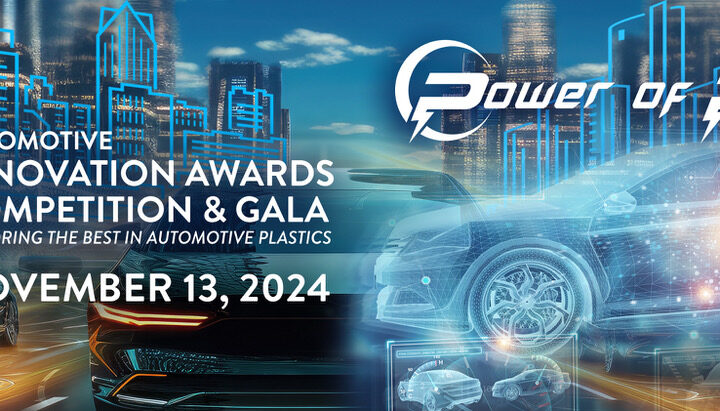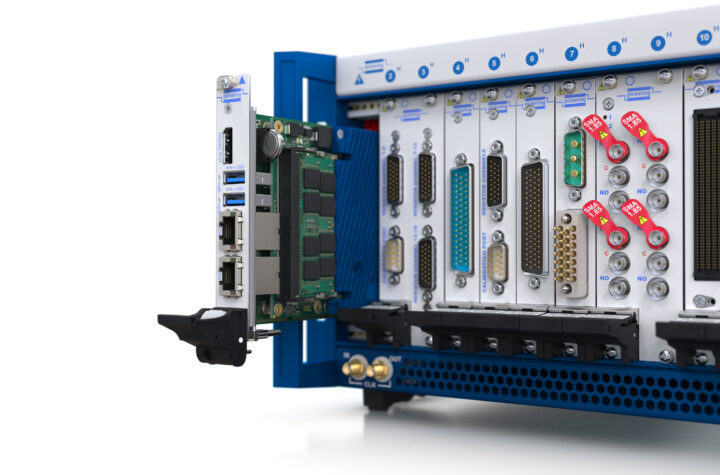
ACAL Energy Ltd, the British chemical engineering company, has announced today that its FlowCath(R) chemistry and engineering has enabled a PEM hydrogen fuel cell to reach 10,000 hours runtime on a third party automotive industry durability test without any significant signs of degradation. ACAL Energy’s breakthrough approach is also significantly cheaper than conventional fuel cell technology.
10,000 hours, is the equivalent of driving 300,000 miles (500,000 km) and makes hydrogen fuel cell endurance comparable to the best light-weight diesel engines under similar test conditions. This endurance far exceeds the current 2017 US Department of Energy (DoE) industry target for fuel cell powered vehicles to last 5,000 hours, equivalent to 150,000 road miles (250,000 km), with an expected degradation threshold of approximately 10%.
Over the last 16 months, ACAL Energy has put its proprietary designed fuel cell through an industry standard automotive stress test protocol that simulates a 40-minute car journey with a start-stop at the end of each cycle. The cycle, which was repeated 24 hours a day, seven days a week, mimics a vehicle journey with frequent stops, starts and a highway cruise. This particular test is employed to accelerate aging and known failure mechanisms with fuel cell systems over time.
Unlike a conventional PEM hydrogen fuel cell design, ACAL Energy’s technology does not rely on platinum as the catalyst for the reaction between oxygen and hydrogen. The platinum and gas have been replaced with a patented liquid catalyst, which ACAL Energy calls FlowCath(R). This revolutionary approach dramatically improves a PEM fuel cell’s durability and at the same time reduces the cost of a system. The liquid acts as both a coolant and catalyst for the cells, ensuring that they last longer by removing most of the known decay mechanisms.
Importantly, ACAL Energy’s technology reduces significantly the total cost and weight of a system and enables a compact fuel cell drive-train with a power output of 100kW.
Hyundai, Honda, Toyota, Daimler














More Stories
LED Lighting for Heavy-Duty Applications: Durability, Efficiency, and Versatility
Celanese Materials Shine in Multiple Category Winners at 2024 SPE Automotive Innovation Awards
New future-ready single-slot PXIe controller for high-performance T&M applications from Pickering Interfaces